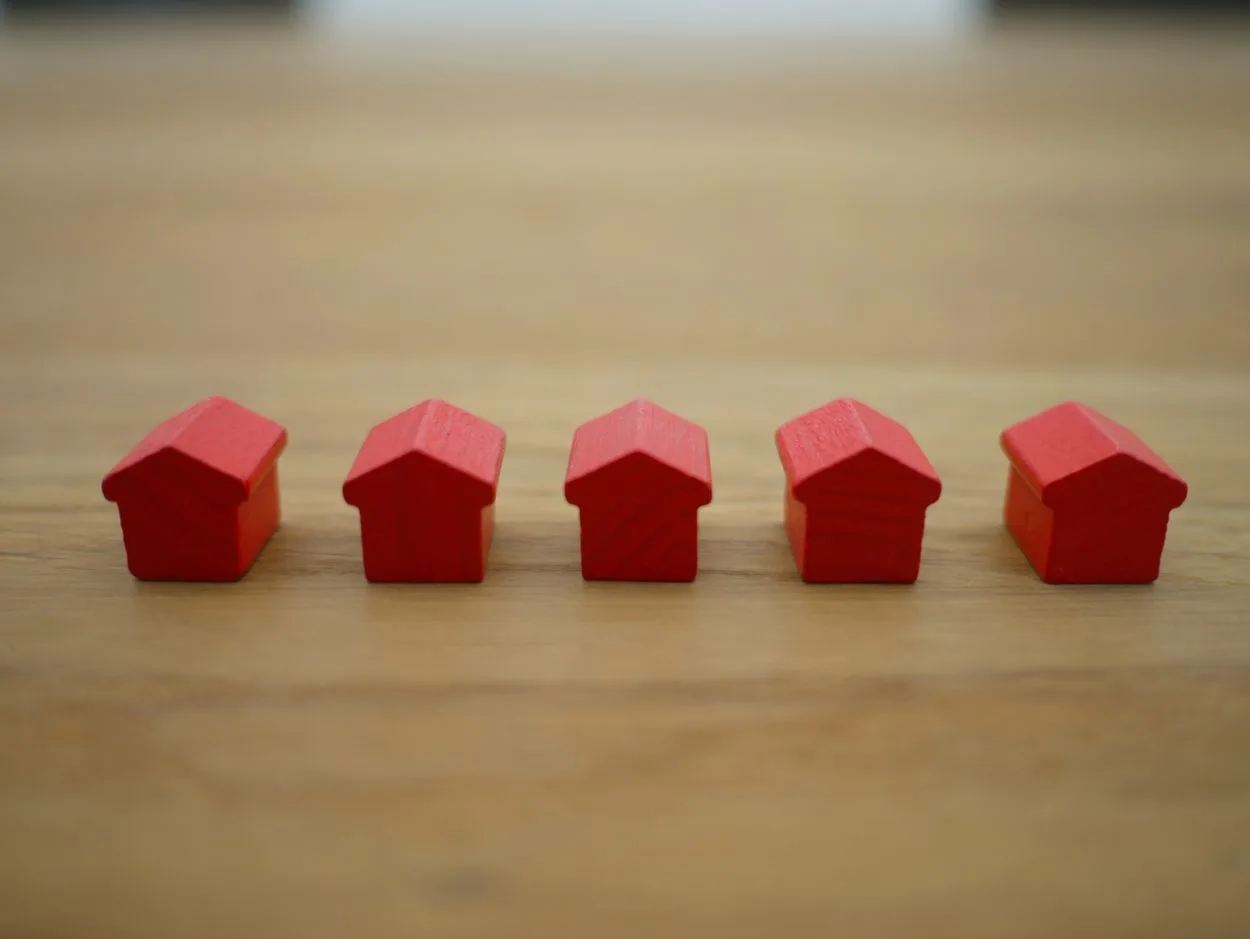When differentiating between personal property and private property, there’s a lot of confusion to be seen. In the world of capitalism, both property types hold no difference. The socialists, though, put both properties in different blocks.
Personal property, in simple words, is something that you can take anywhere with you. However, it can’t be used as a medium of value. The possession of personal property can’t earn you any money.
Private property, on the other hand, makes capitalists revenue but the abolishment is the condition that needs to be fulfilled.
In this case, the oven would fall under the category of private property for an entity owning an oven that is to be used by the owner or the laborer to make items for selling purposes. An oven placed in your home kitchen and doesn’t produce anything meant to be sold will be considered personal property.
Another confusion that comes along is that many individuals consider private and public property the same thing. The general rule of thumb is that private property is not owned by the government, and the public cannot use it. While public property fulfills both conditions.
This article explains both the terms in detail along with the examples. I’ll also discuss if a house is private or personal property.
Let’s get into it…
Personal Property

Personal property doesn’t represent a thing but the intention of the person who owns it. Your intention is what makes a commodity a personal property. As long as the purpose of owning something isn’t related to making a profit, the property is personal. The personal property can be moved from one location to another with the owner.
Examples
Let’s say you own a printing machine that you use only for your personal work. The printer would be personal property if you don’t start using it commercially.
Here are some of the examples;
- Pet (cat, dog, or bird)
- Furniture (sofa, bed, or anything moveable)
- Food (grocery)
- Appliances (juicer or oven)
- Healthcare products (face wash, toothpaste, or soap)
- Material items (car, cell phone, or laptop)
- Clothes
As you may see, you can take these things with you and use them only for personal use, and no exploitation is involved. Let me tell you that not all automobiles come under the category of personal property. A taxi would be a great example of this.
Private Property
Unlike other property types, private property is anything one can exchange for value. It involves assets such as tools, machinery, or labor that an individual entity uses to increase its bank balance. The definition of socialism states that private property must be abolished.
To put it simply, the wealthy people use the working class for the sake of their interests.
This specific group of rich people has no concern with the prosperity of the labor class making their property productive, their focus is rather on their gain. In short, the laborers don’t possess any right over the products they spend their energy and time producing. It simply abolishes their freedom.
Therefore, Marx, who’s a socialist, isn’t in favor of capitalism. He believes that the emergence of private property is the evil cause that divides society into two classes.
Examples
Examples of private property owned by non-government entities include:
- Real estate (land or home)
- Machinery (oven or sewing machines)
- Patents
- Objects
- Human (labor)
Personal Property VS. Private Property

Capitalists try to persuade people with the idea that personal property and private property are the same things. As a result, they are unwilling to accept the way the latter exploit others. Below is a comparison between the two:
| Personal Property | Private Property | |
| Definition | It is a property purchased solely for private use and cannot generate profit. | A property that generates profit by exploiting the working class. |
| Ownership | Ownership rights remain with the individual who owns the items. | Owned by a non-governmental legal entity |
| Exploitation | It doesn’t exploit anyone. | The labor class gets exploited by capitalists. |
| Critics | Socialists do not criticize the concept of personal property. | Marxists or socialists are the critics of the emergence of this kind of property. |
| Movability | This kind of property is moveable. | This kind of property can be both moveable and immovable. |
How Come A House Isn’t Personal Or Private Property?
You should never consider a house personal property unless it’s a tent or mobile home. These two are personal property because they’re not attached to the land, which is a condition to fall under this property type.
If your house is on rent rather than used by you, it fulfills the definition of private property.
This type of property needs to exploit others. You’re probably wondering what kind of property a house you live in is. A house and all the fixtures in it are real property.
Conclusion
- Personal property is characterized by personal use without the intent to generate profit. It is movable and tied to individual ownership.
- Private property, in contrast, serves as a means to generate revenue. It often serves by leveraging labor or assets. This leads to criticism from socialist perspectives.
- Personal property includes movable items like furniture, clothes, and pets. In contrast, private property includes real estate, machinery, and patents.
- The distinction lies in exploitation. Personal property is not exploited. While private property often involves labor exploitation for profit.
- A crucial differentiation is the ownership and purpose. Personal property remains with the individual for personal use. In contrast, private property is owned by non-government entities. They seek profit through exploitation.
- The article emphasizes the societal impact of private property. It is attributed to the unequal distribution of wealth. And also the limitation of freedom to the emergence of this property type.
- Notably, a house is considered real property, not personal or private. And its categorization depends on its use and attachment to the land.
- The crucial message conveyed is the societal divide. The emergence of private property causes it. It impacts freedom and perpetuates wealth inequality.

